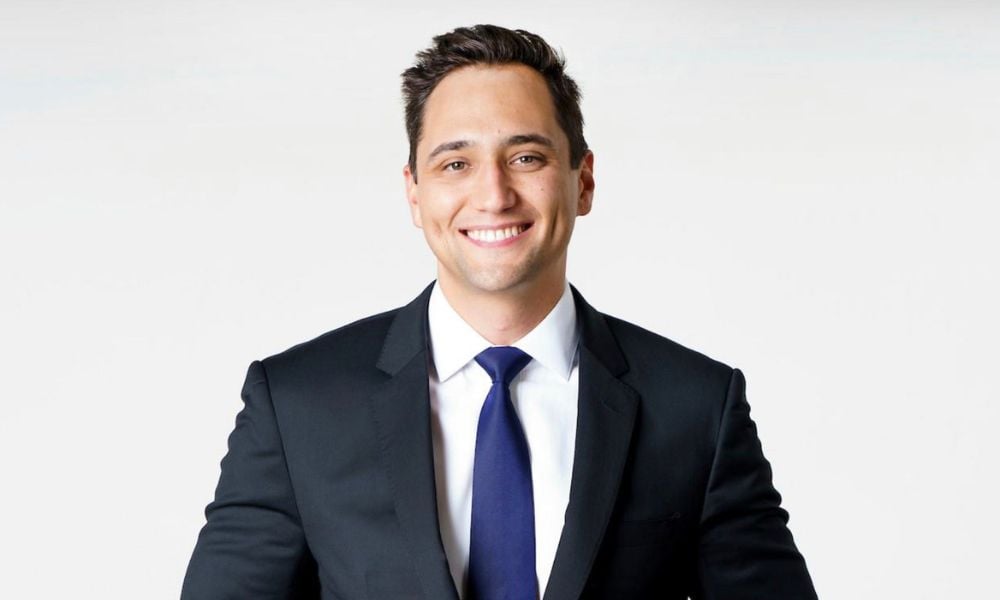
The criminal lawyer constantly fields calls from those with questions but no intention to retain him

In over a decade of practising criminal law, Jordan Donich has spent a lot of time on the phone with people with legal needs who do not want to pay for legal services.
“In my business, nobody wants to pay us. I get calls all day, and 90 percent of people don't want to hire you.”
People tend not to appreciate the value of legal advice until it is too late, he says. And in a highly information-based practice area where clients have little money, people often do not want legal advice; they want answers to basic legal information.
“The question can be: What happens on my first court date? I get that all the time. They're not looking to hire me to go to court with them. But they want to know if they even need a lawyer for that date. That takes time if you get that call 20 times a week.”
It is not as if criminal lawyers can simply hang up or cut the caller off because they would also alienate those who intend to become paying clients. The most common negative reviews consumers leave about their lawyers do not relate to a lack of legal knowledge or failure to offer solutions to their problems, says Donich. They are typically communication-based grievances.
“The complaints people are making are: ‘They didn't make time for me. They were short with me. They didn't want to explain something to me.’”
On the client-intake side, he says the same risk exists for lawyers, and the same lawyer behaviour is troubling the marketplace. That means cold calls must be handled with care and attention.
“How do I deal with it? It's taxing, and it’s time-consuming. Because as you grow your business and you get your volume up, you need to deal with it. Otherwise, you're not going to get clients. Simple as that.”
In 2019, Donich started building a tool that would be helpful for members of the public in need of legal information and would minimize these calls, which would be helpful for his business. Law Newbie is a free research assistant that can help answer criminal law questions but does not provide legal advice and is not a substitute for a lawyer or legal-research tools.
“In 2019, the thinking was, how can you just give away this information that they're not going to pay you for anyways?”
Law Newbie provides information on the process of being criminally charged, such as the rights of the accused, common defences, rules of evidence, sentencing, and other aspects of criminal procedure. It has insight into search warrants, bail hearings, attending court, and pleading guilty.
Donich Law is a three-lawyer firm in downtown Toronto which does criminal defence, professional regulation, and civil litigation.
When COVID hit, Donich had a significant time surplus, partly because he had already transitioned into a virtual firm. He and his colleagues began to devote a lot of time to researching and synthesizing legal information to build Law Newbie.
“The challenge was integrating everything in a way you can understand, that's not too legalese, that's not overwhelming, that satisfies their intended purpose. And getting that quickly.”
The tool needed the ability to guide the user to relevant information they would not know to search for, says Donich. For example, they may not know that there are special sentencing orders, that they may have a DNA order, or that they have a right to be tried within a reasonable time. He says the difficult part was organizing the information for effective navigation. It also has a search function that is being trained by user-generated queries, which will tailor the program over time.